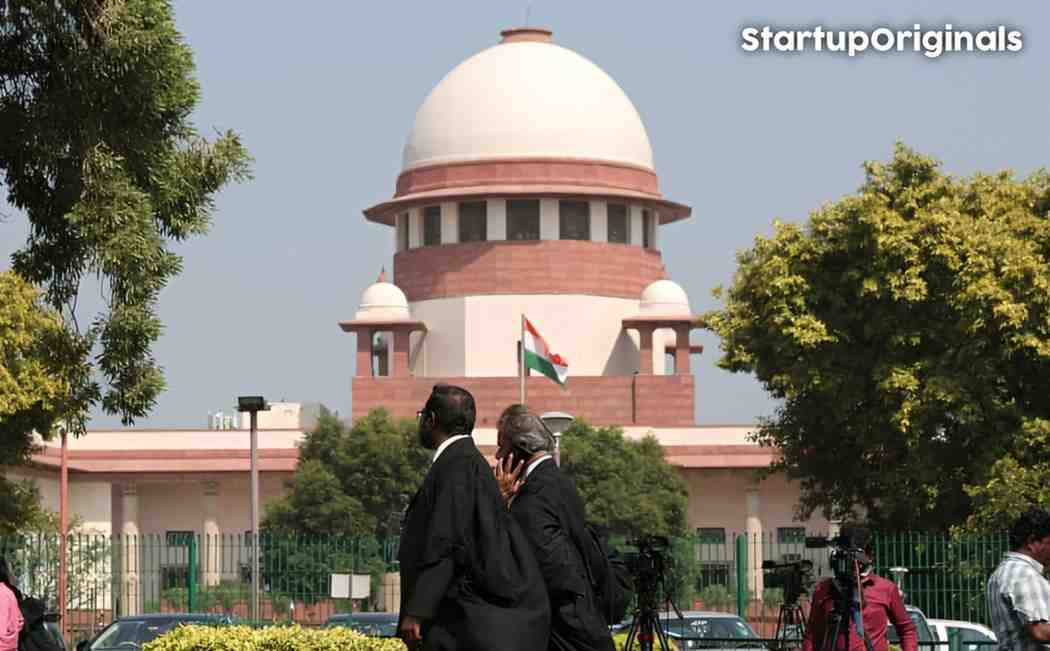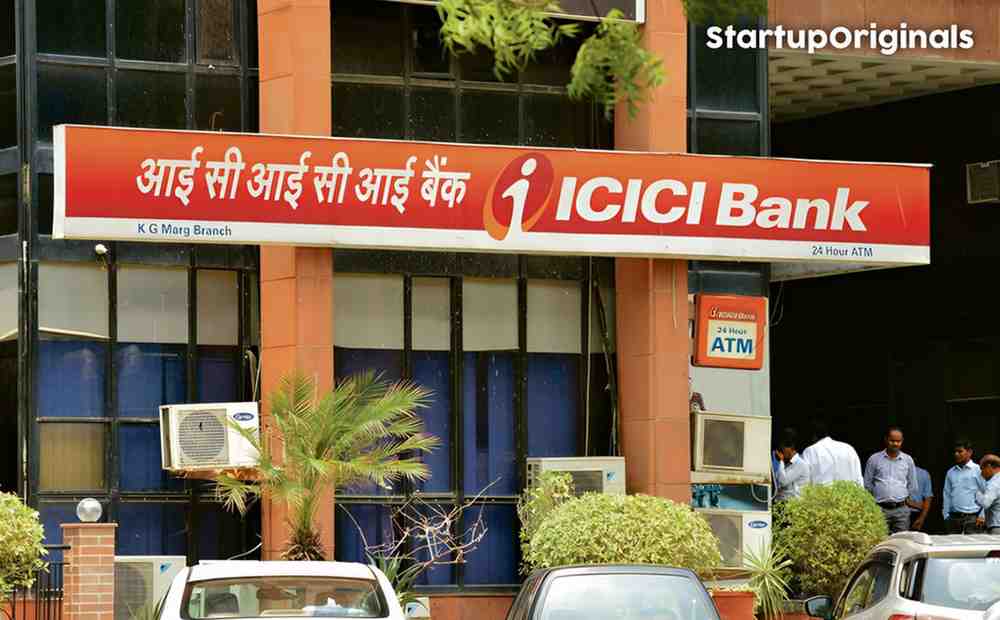
India’s online gaming industry is at the center of one of the country’s largest tax controversies, as gaming firms have accused the Union Government of misleading the Supreme Court by changing the legal basis of massive tax demands totaling nearly ₹2.5 lakh crore. As the top court prepares to deliver its verdict, the outcome could reshape the rules for the entire online gaming sector and settle critical questions on how these platforms are taxed.
What Sparked the Controversy? Accusations of Shifting Legal Ground
At a Supreme Court hearing, senior legal counsel for industry bodies like the E-Gaming Federation argued that the government “significantly altered” the legal grounds for issuing show cause notices (SCNs) to gaming operators. Specifically, they pointed out examples-such as the notice to Play Games24x7-where the original GST notices acknowledged player funds did not belong to the operator, and only platform fees were considered supply under GST law. However, the government later revised its position, now treating the entire pool of deposited player funds as taxable, regardless of whether the funds represent the platform’s income or not.
Gaming platforms claim this last-minute legal shift amounts to the government “moving the goalposts” to sustain their massive tax demands-an act they contend is misleading to the judiciary and unfair to companies who structured operations based on the earlier interpretation.
The Heart of the Dispute: How Should GST Apply?
- Government’s Stand: The Centre insists that a 28% GST applies to the full value of each bet placed in online games, treating all real money gaming as betting or gambling-even for games of skill like rummy and fantasy sports. The government says this interpretation always existed and justifies retrospective demands.
- Gaming Industry’s Stand: Gaming companies argue that their platforms primarily offer games of skill (not gambling), that they simply facilitate game play, and that GST should only be levied on the platform/service fees-not on player bets or prize pools. They contest that sudden retrospective reclassification is excessive, legally questionable, and threatens the very survival of the sector.
Legal and Financial Stakes
The court’s decision now centers on whether the government’s interpretation-mandating 28% GST on the gross value of all bets, both prospectively and retrospectively-is valid. The industry warns that upholding the government’s position could bankrupt many companies, blur the line between games of skill and games of chance, and discourage future investment. The tax notices already outpace the net revenues of the sector in the past five years.
Supreme Court Proceedings: Final Arguments and What’s Next
A division bench led by Justices J.B. Pardiwala and R. Mahadevan heard final arguments from both sides, with the gaming industry represented by top legal experts and the government by the Additional Solicitor General. The core debate involves the interpretation of the GST law’s Rule 31A, retrospective taxation, and constitutional questions around taxing skill-based platforms like gambling.
With arguments concluded, the Supreme Court is set to reserve its verdict, which is expected to give long-awaited clarity on one of India’s biggest legal and financial disputes.
Conclusion: Verdict Pending, Industry on Edge
This courtroom battle could establish a key legal precedent for India’s online gaming landscape, potentially affecting 100+ firms and shaping tax practice for years to come. As the sector awaits the Supreme Court’s judgment, all eyes remain fixed on how India will balance digital innovation, tax law, and regulatory fairness in a rapidly evolving industry.




